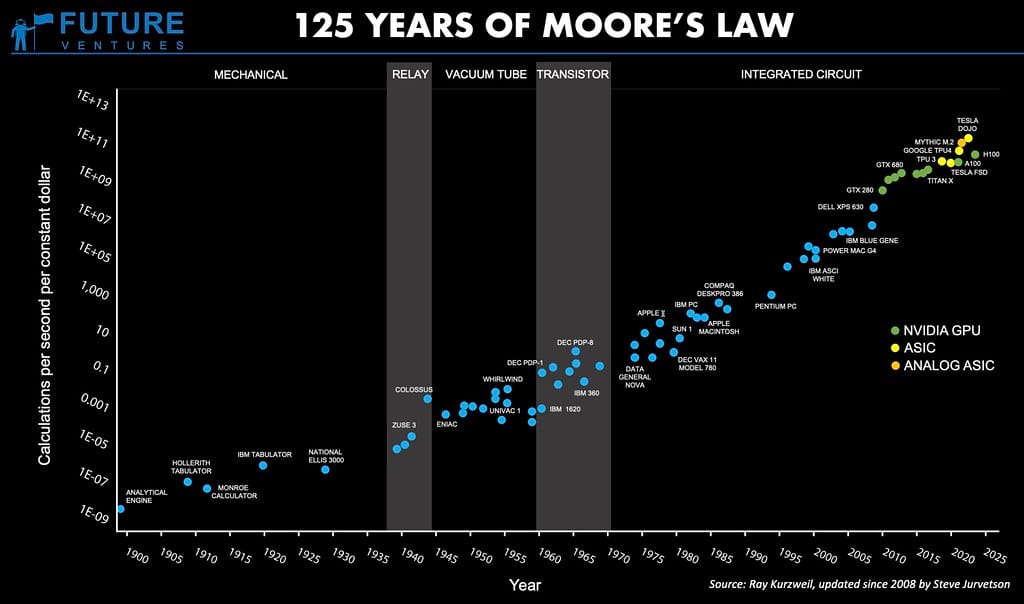Texas Instruments Bets Big on America: $60 Billion Semiconductor Investment Signals Industry Shift
Texas Instruments has announced a massive $60 billion investment to expand semiconductor manufacturing on American soil, marking one of the largest private investments in U.S. manufacturing history. This unprecedented commitment positions the Dallas-based chipmaker at the forefront of America's push to reclaim its position in global semiconductor production and reduce dependence on foreign suppliers.
A Strategic Response to Global Supply Chain Vulnerabilities
The announcement comes as the United States grapples with the harsh realities exposed by recent global disruptions. The COVID-19 pandemic and ongoing geopolitical tensions have highlighted America's dangerous over-reliance on Asian semiconductor manufacturers, particularly those in Taiwan and South Korea.
Texas Instruments' investment plan spans the next two decades, with construction already beginning on multiple fabrication facilities across Texas, Utah, and other strategic locations. The company expects to create approximately 30,000 direct jobs and support an estimated 150,000 indirect positions throughout the supply chain.
"This investment represents more than just manufacturing capacity—it's about securing America's technological sovereignty," said TI's CEO during the announcement. The company plans to focus primarily on analog and embedded processing chips, which are essential components in everything from automobiles to industrial equipment.
Riding the Wave of Federal Support
The timing of TI's announcement aligns perfectly with the federal government's renewed focus on domestic semiconductor production. The CHIPS and Science Act, signed into law in 2022, allocated $52 billion in subsidies for semiconductor manufacturing and research. Texas Instruments stands to benefit significantly from these incentives, though the company emphasizes that its investment commitment extends far beyond available federal support.
The investment dwarfs similar announcements from competitors. Intel's $20 billion Ohio facility and Taiwan Semiconductor Manufacturing Company's $40 billion Arizona expansion pale in comparison to TI's ambitious scope. This scale signals the company's confidence in long-term demand and America's commitment to reshoring critical manufacturing.
Economic Impact Beyond Silicon
The ripple effects of this investment extend far beyond the semiconductor industry. Local economies in target states are preparing for transformation, with new housing developments, educational partnerships, and infrastructure upgrades already in planning stages.
Texas, which will host the largest concentration of new facilities, expects to see particularly dramatic impacts. The state's existing technology corridor will expand significantly, potentially rivaling California's Silicon Valley in terms of semiconductor production capacity.
Educational institutions are scrambling to meet anticipated workforce demands. Universities across the target states have announced new engineering programs and expanded their semiconductor-focused curricula. Community colleges are developing specialized training programs to prepare workers for technical positions in the new facilities.
Challenges and Competitive Pressures
Despite the optimistic outlook, TI faces significant challenges in executing this ambitious plan. The global shortage of skilled semiconductor workers threatens to constrain growth, while construction costs continue to rise due to inflation and supply chain pressures.
Competition for talent will intensify as other major players also expand their U.S. operations. The company will need to compete not only with traditional tech giants but also with emerging players in the electric vehicle and renewable energy sectors, which are experiencing explosive growth in semiconductor demand.
Environmental considerations also loom large. Semiconductor manufacturing requires enormous amounts of water and energy, raising questions about sustainability and local resource availability. TI has committed to carbon-neutral manufacturing by 2030, but achieving this goal while dramatically expanding production will require innovative approaches.
Looking Ahead: A New Era for American Manufacturing
Texas Instruments' $60 billion commitment represents more than a corporate investment—it's a vote of confidence in America's industrial future. The success of this venture could inspire similar investments across the technology sector and help establish the United States as a reliable alternative to Asian semiconductor suppliers.
For consumers, this investment promises greater supply chain stability and potentially lower costs for electronic devices over the long term. For the American economy, it represents a significant step toward reducing trade deficits and creating high-value manufacturing jobs.
The true test will be execution. If TI can successfully navigate the challenges ahead, this investment could mark a turning point in global semiconductor manufacturing and America's role in the technology supply chain.

